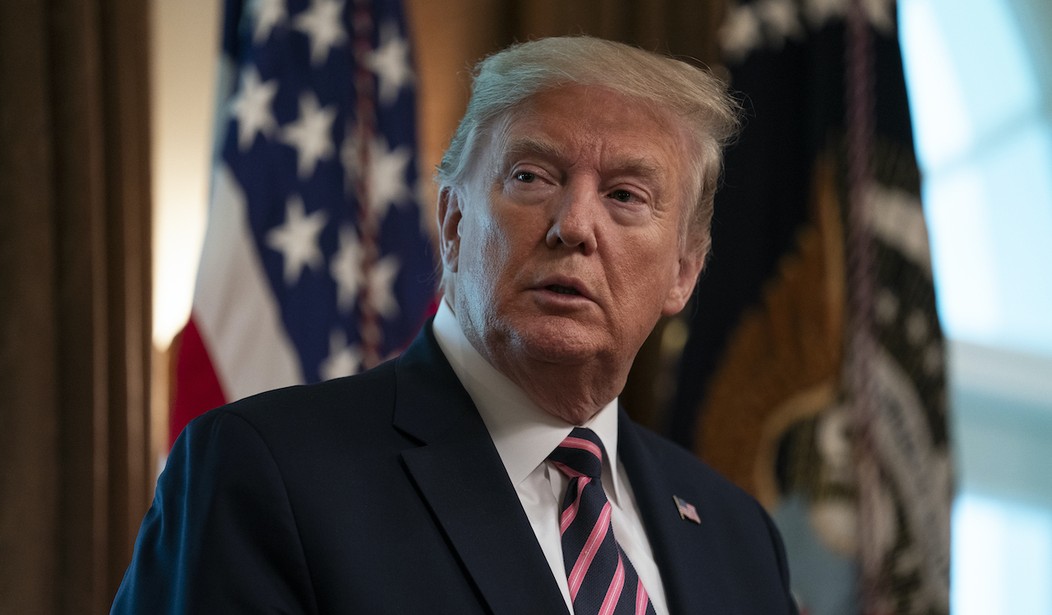In a 7-2 opinion released Thursday morning, the Supreme Court determined President Trump does not have an overt obligation to release his tax returns and other personal financial information to Congressional committees. The Court kicked the case back to the lower courts. This is a temporary victory for the president.
In Trump v. Mazars, Trump wins this stage of dispute over congressional subpoenas to lenders and accountant for president’s financial records as #SCOTUS, 7-2, sends case back to lower courts to take account of separation of powers concerns
— SCOTUSblog (@SCOTUSblog) July 9, 2020
The opinion is nuanced and complex, but the immediate effect is that litigation over the congressional subpoenas seeking Trump financial documents will continue, and the subpoenas will not be enforced right now.
— SCOTUSblog (@SCOTUSblog) July 9, 2020
And we have another 7-2 ruling in the case involving House subpoenas for Trump's financial records. SCOTUS says the lower courts didn't weigh separation of powers concerns sufficiently - back to the lower court for more review. This means no public returns until after November.
— Amelia Thomson-DeVeaux (@ameliatd) July 9, 2020
From colleague Bill Mears: “The Supreme Court has deferred issuing a definitive ruling on whether congressional committees can have access to President Trump's financial records, throwing the issue back to the lower courts.”
— Chad Pergram (@ChadPergram) July 9, 2020
— Townhall.com (@townhallcom) July 9, 2020
The upshot: no one’s gonna see Trump’s tax returns for months, if ever.
— Ed Morrissey (@EdMorrissey) July 9, 2020
The silver lining: A 7-2 majority slaps the House over its obvious partisan motivations.
SCOTUS Finale: Two 7-2 Punts Give Trump A Short-Term TDhttps://t.co/oTgPoH4Z9F pic.twitter.com/usAV0SafC6
Recommended
Three congressional committees, led by Democrats, have subpoenaed a number of banks used by President Trump for his businesses. They've asked for a decade's worth of his tax returns. That documentation does not have to be turned over, for now.
In a separate case, the Supreme Court ruled the president does not have immunity against criminal subpoenas.
In Trump v. Vance, #SCOTUS hands President Trump a defeat in battle with NY district attorney, holding that a subpoena to a sitting president does not have to meet a heightened standard
— SCOTUSblog (@SCOTUSblog) July 9, 2020
President Trump has reacted to the decisions.
The Supreme Court sends case back to Lower Court, arguments to continue. This is all a political prosecution. I won the Mueller Witch Hunt, and others, and now I have to keep fighting in a politically corrupt New York. Not fair to this Presidency or Administration!
— Donald J. Trump (@realDonaldTrump) July 9, 2020
This story has been updated with additional information.

























Join the conversation as a VIP Member